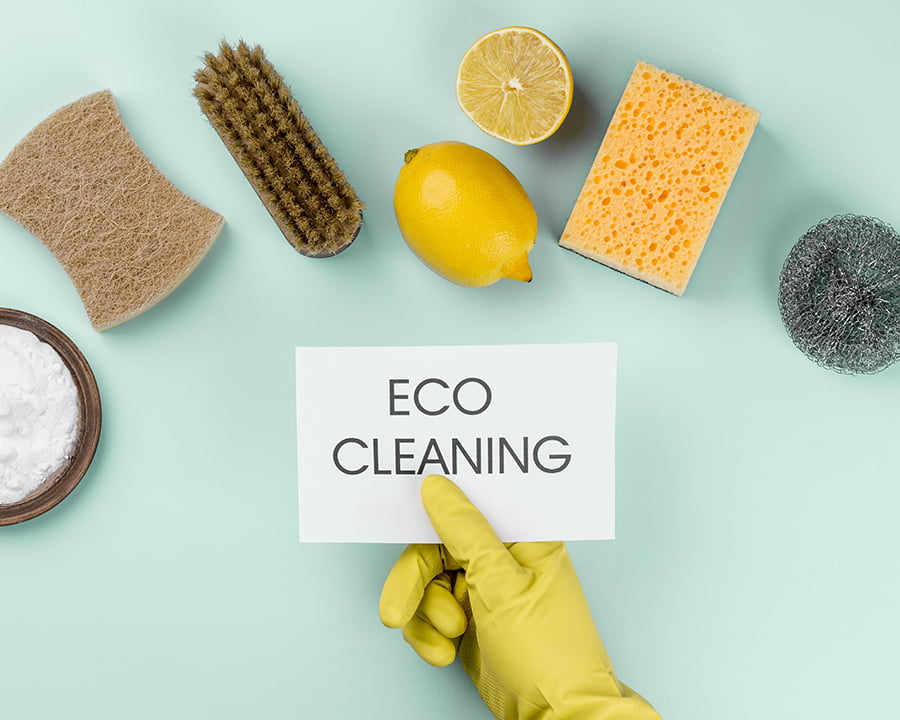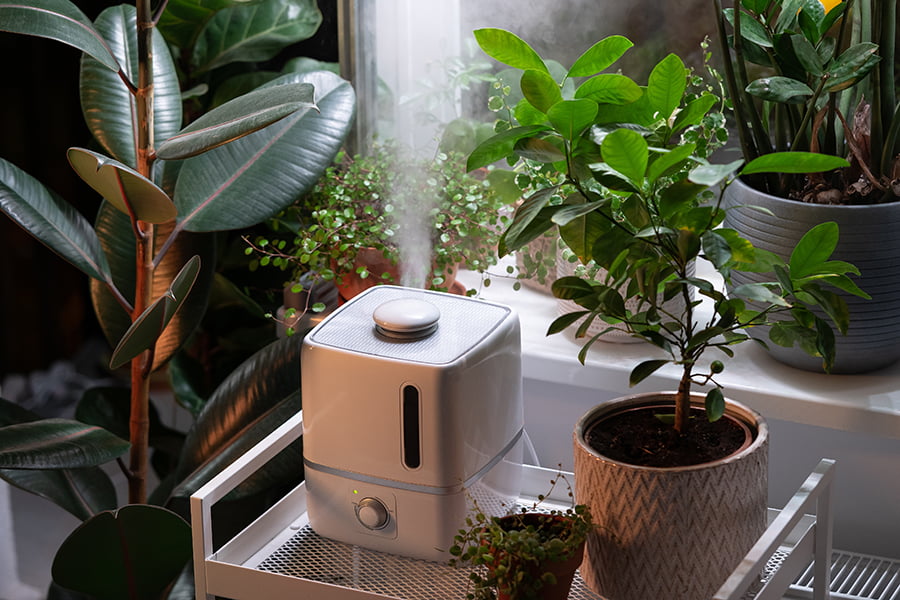Transform your bedroom into a haven of clean air and uninterrupted sleep with these expert strategies for reducing allergens and pollutants.
As a child, I used to love spending time in my grandmother’s cozy bedroom. It was always warm and inviting, with the scent of lavender filling the air.
However, as I grew older, I started experiencing allergies that made it difficult for me to sleep peacefully in any room. That’s when I learned about the importance of maintaining good indoor air quality and how it can affect our overall health and well-being.
If you’re like me and struggle with allergies or just want to improve your sleep quality, then you’ve come to the right place!
In this blog post, we’ll be discussing some effective strategies for reducing allergens and pollutants in your bedroom so that you can breathe easy and get a good night’s rest. So sit back, relax, and let’s dive into the world of home air quality!
The Allergen Battle Begins

Every night, I would toss and turn, struggling to breathe through a stuffy nose or dealing with itchy eyes. It wasn’t until I started researching the causes of indoor allergens that I realized how much they could impact our health.
The battle against allergens begins in your bedroom since we spend a significant amount of time there every day. Dust mites are one of the most common indoor allergens found in bedding materials such as pillows, mattresses, and blankets.
They thrive in warm environments like our bedsheets where they feed on dead skin cells shed by humans.
Pet dander is another common culprit that can trigger allergic reactions for pet owners who allow their furry friends into their bedrooms at night. Even if you don’t have pets but live near an area with high pollen counts or pollution levels outside your window can also contribute to poor air quality inside your home.
But don’t worry; there are several strategies you can implement to reduce these allergen triggers so that you can get better sleep at night!
Pollutant-Free Sanctuary

Creating an environment that is free of allergens and pollutants can significantly improve your sleep quality.
One of the first things you should do is invest in an air purifier with HEPA filters. These filters are designed to capture even the smallest particles like dust mites, pet dander, pollen, and other airborne irritants that can trigger allergies or asthma symptoms.
Another way you can reduce pollutants in your bedroom is by using natural cleaning products instead of harsh chemicals. Many commercial cleaning products contain volatile organic compounds (VOCs) that release harmful gases into the air we breathe.
By switching to natural alternatives such as vinegar or baking soda-based cleaners or essential oils like tea tree oil for disinfecting surfaces will help keep your indoor air clean while also reducing exposure to toxic chemicals.
Creating a pollutant-free sanctuary may take some effort initially but will be worth it in terms of better health outcomes over time!
Clean Air, Sound Sleep

Poor indoor air quality can lead to respiratory problems, allergies, and even disrupt our sleep patterns.
That’s why it’s essential to take steps towards reducing allergens and pollutants in your bedroom.
One of the most effective ways to achieve this is by investing in an air purifier. An air purifier works by filtering out harmful particles such as dust mites, pet dander, pollen from plants or trees outside your window – all of which can trigger allergic reactions or asthma attacks.
But not all air purifiers are created equal! Look for one with a HEPA filter (High-Efficiency Particulate Air) that captures 99% of airborne particles as small as 0.3 microns – including bacteria and viruses!
By using an efficient HEPA-filtered device like this one while you sleep at night will help ensure clean breathing space so you wake up feeling refreshed instead of congested!
Breathe Easy, Rest Well

Poor indoor air quality can lead to various health issues such as respiratory problems, headaches, and fatigue. That’s why it’s essential to take steps towards reducing allergens and pollutants in your bedroom.
One of the most effective ways to improve indoor air quality is by investing in an air purifier. Air purifiers work by filtering out harmful particles from the surrounding environment such as dust mites, pet dander or pollen which can trigger allergies or asthma symptoms.
Another way you can reduce allergens is by regularly washing your bedding with hot water (at least 130°F) once a week. This will help eliminate any dust mites that may have accumulated on your sheets or pillowcases over time.
Keeping humidity levels low (between 30-50%) helps prevent mold growth which thrives on moisture-rich environments like bathrooms or basements but also bedrooms if not properly ventilated.
By taking these simple steps towards improving indoor air quality within our homes we are creating healthier living spaces for ourselves while also promoting better sleep habits!